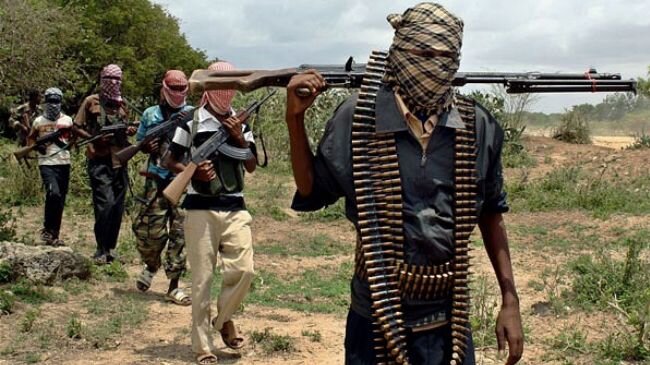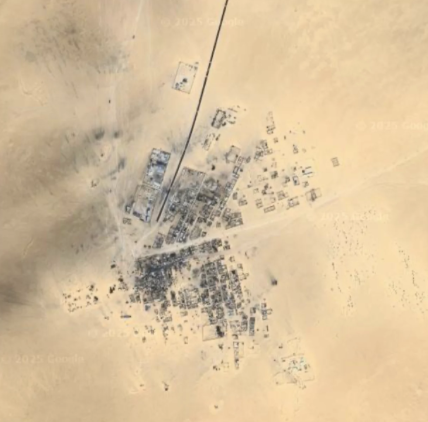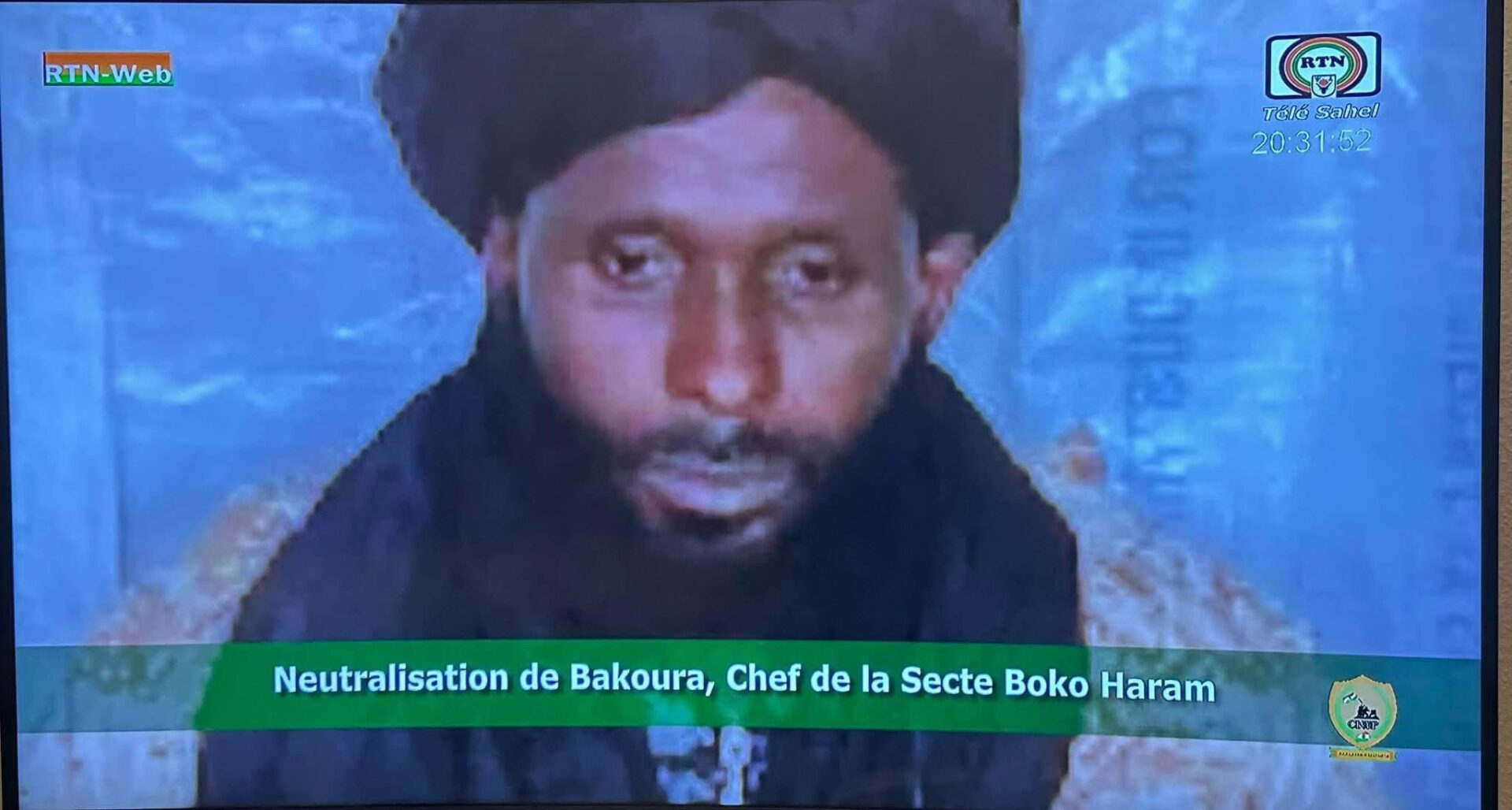
Briefs
Briefs
ISWAP Expands into Ondo and Edo in Southern Nigeria
Islamic State in West African Province (ISWAP) has developed new tactics and strategies since ejecting Abubakar Shekau from the eponymous “Boko Haram” Shekau faction in 2016. These have included conducting roadside ambushes on the military to secure rural territory in 2017, expanding to northwestern Nigeria in 2019, and conducting an operation in coordination with Islamic State (IS)’s central leadership to kill Shekau himself in 2021 (Terrorism Monitor, July 18, 2020). This year, ISWAP’s unprecedented development is its undeniable expansion not only to the capital, Abuja, and other central Nigerian states like Kogi and Taraba for the first time, but also even to the South-West and South-South regions, which are near Nigeria’s oil-producing sites.
On September 22, ISWAP claimed its first ever attack in Ondo State, South-West region, which borders Lagos and lies along the southern Nigerian coast (Twitter/@secmxx, September 22). Not since a female suicide bomber detonated an explosive in a Shekau-claimed operation in 2014 had there been any attacks so close to Nigeria’s most populous city and its oil-producing regions (thenigerianvoice.com, June 8, 2014). Although ISWAP rarely makes claims of attacks it did not commit, the group released no photograph to justify the claim of destroying a police vehicle in Ondo (Humanglemedia.com, September 22).
Even more corroborative of ISWAP’s presence in southern Nigeria, and specifically the South-South region, however, was its claim one day later, on September 23, of an attack in Edo State, which borders Ondo. This time ISWAP revealed two photographs of the destroyed and burning police vehicle, albeit not any of the policemen it claimed to have killed in the ambush (Saharareporters.com, September 24). While the Edo government denied that ISWAP conducted the attack, it provided little evidence for such a finding from its rapid “investigation” (tribuneonlineng.com, September 24).
The Edo government’s pronouncement is, therefore, dubious and may indicate the state seeks to avoid a reputation for security risks from ISWAP. Nevertheless, the dual claims in Ondo and Edo on top of previous ISWAP claims in Abuja, Kogi, and Taraba suggest ISWAP is not bluffing and is now conducting attacks in the South-West and South-South regions. This expansion likely is only the final phase of years of preparation for ISWAP to target southern Nigeria.
As early as May 2019 Edo police claimed to have arrested ISWAP members in the state (vanguardngr.com, May 16, 2019). Moreover, only five months later, in October 2019, Ondo police claimed to have arrested an ISWAP cell that was planning attacks (Saharareporters.com, October 31, 2019). Thus, it appears at the same time that ISWAP was announcing its expansion to northwestern Nigeria publicly through videos, it was more surreptitiously doing the same in the operationally more challenging southern regions, which are predominantly Christian with few Hausas and Kanuris in contrast to ISWAP’s base region of northeastern Nigeria. It is also ironic that both Edo and Ondo authorities had acknowledged an ISWAP presence in their states but Edo is now in denial about ISWAP conducting attacks, even if its capabilities are far inferior in Edo than in the northeast.
One attack that ISWAP has not claimed, but the Nigerian National Security Council (NSA) has attributed to ISWAP, is the June shooting and bomb attack on an Ondo church that killed more than 40 people (Punchng.com, June 9). Given ISWAP’s claims in the region, it now appears even more likely that attack was the work of ISWAP. However, the large civilian death toll might have been too repugnant for ISWAP to claim. This is because ISWAP has been attempting to woo al-Qaeda-loyal Ansaru fighters, who ostensibly do not kill innocent Christians (as opposed to Christians who content Muslims for land rights or join the government), and ISWAP continued to distances itself from the previous abuses and excesses of Shekau loyalists.
*****
Rwanda, Congo, and Uganda Tensions Disrupt Counter-Terrorism Efforts
At the sidelines of the UN General Assembly in New York, the Democratic Republic of Congo (DRC) and Rwandan presidents, Felix Tshisekedi and Paul Kagame, met under the mediation of French president, Emmanuel Macron (theeastafrican.co.ke, September 24). They discussed cooperating to combat the March 23 (M23) rebels, which formed in 2012 to oppose the Congolese government and occupied Goma in eastern Congo at that time (aljazeera.com, November 23, 2012). Due to the M23’s primarily Tutsi composition, various international organization, including the UN, have suggested that it has been supported by Rwanda’s own leadership to exert pressure on the DRC government (france24.com, April 8).
The most recent tensions between the DRC and Rwanda were sparked when Tshisekedi blamed “some neighbors,” referring indirectly to Rwanda, for continuing to support the M23 occupation of some areas in eastern Congo, which he alleged was preventing national reconciliation in the DRC (monitor.co.ug, September 21). Beyond the diplomatic wrangling in New York, the DRC has other ways to call out or put pressure on Rwanda for its ties to M23. One such way, for example, was the DRC’s bolstering its ties in with Uganda in eastern Congo to fight against Islamic State in Central Africa Province (ISCAP) (aa.com.tr, September 21). As Uganda is a rival of Rwanda, the DRC-Uganda defense partnership is bound to upset Rwanda, which itself has been attacked in several bombings by ISCAP (igihe.com, October 1, 2021).
The non-participation of Rwanda in the counter-ISCAP campaign across its own borders is also despite the fact that Rwanda presents itself as a key counter-terrorism partner in Africa (africanews.com, October 21, 2021). In particular, Rwanda has become the primary foreign counter-terrorism contingent in Mozambique. However, since Islamic State in Sahel Province (ISSP), otherwise known “Islamic State in Greater Sahara,” has set its sights on Benin, Rwanda has begun planning counter-terrorism activities now also in West Africa with Benin (theeastafrican.co.ke, September 13). Although Rwanda and Uganda signed an agreement in 2019 to reduce tensions, which, if successful, could have led to their own counter-terrorism cooperation, this was undermined when Paul Kagame admitted in 2021 to using high-grade Israeli spy equipment to monitor the communications of Ugandan officials (aljazeera.com, August 21, 2019; observer.ug, July 28, 2021).
The tensions between Rwanda, DRC, and Uganda undermine regional counter-terrorism efforts, especially against ISCAP. The lack of coordination means their unified fight against ISCAP in Congo is currently impossible. Nonetheless, the desire of the DRC and Uganda to combat ISCAP and Rwanda’s continuing to support Mozambique and newly Benin, all of which do not involve Western “boots on the ground” means these countries are taking responsibility for their own security, which itself is a welcome development for Western countries whose military resources are currently focused elsewhere in the world, such as the Russian war in Ukraine.


